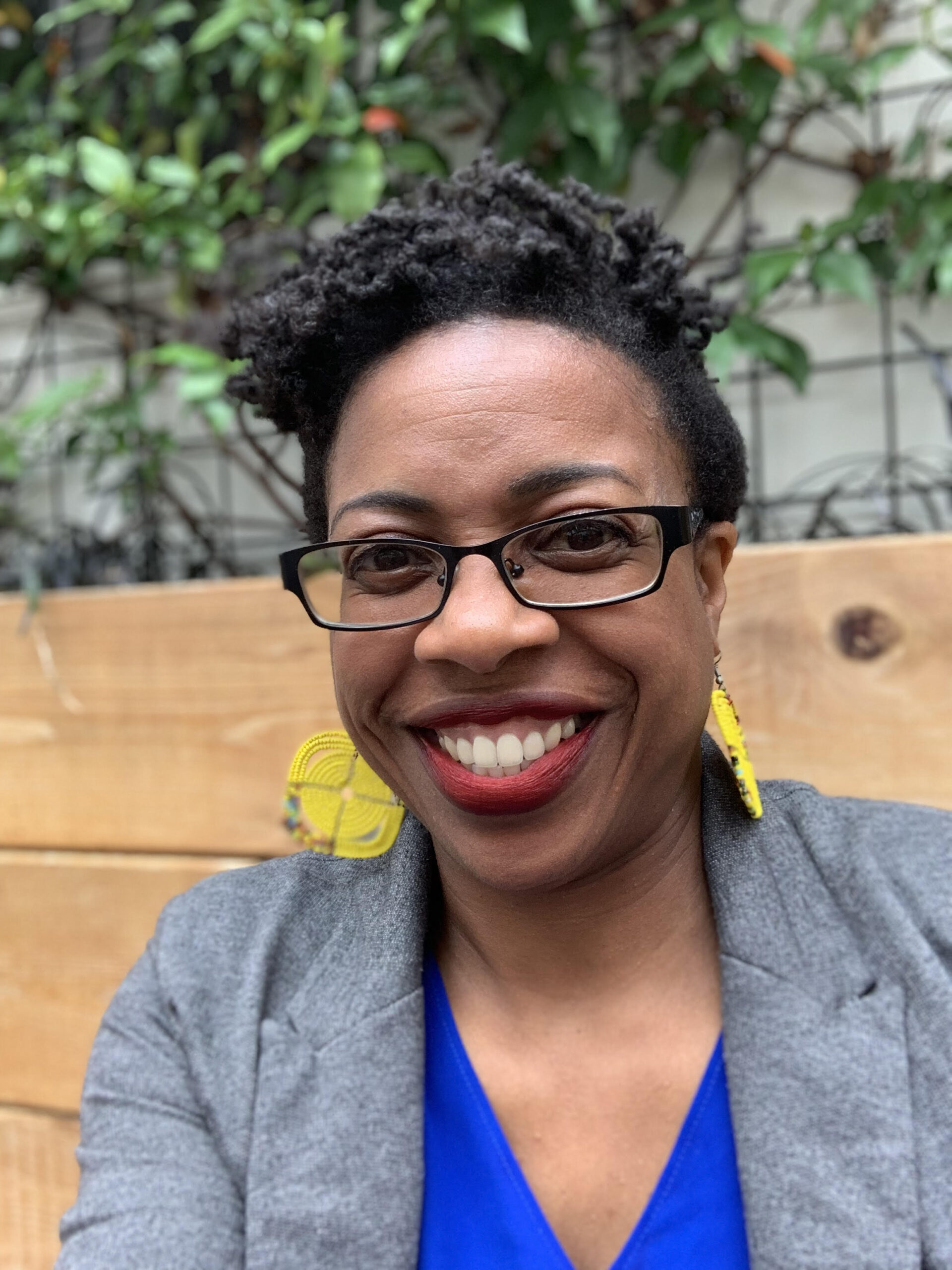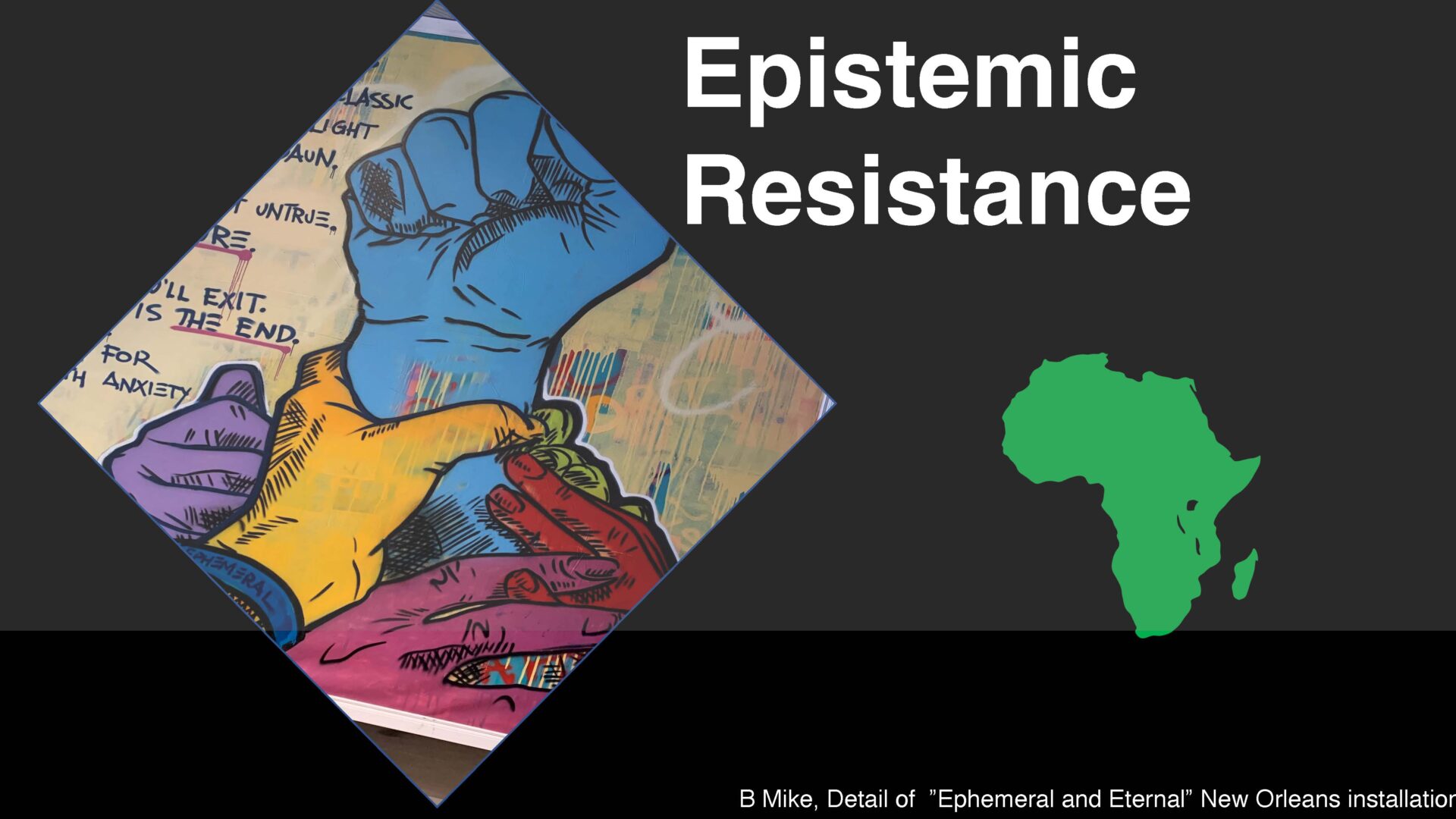This series of student work from a recent elective course offered to all our graduate students is a window into the integrations and intersections that are created in our curriculum and our classrooms at The Seattle School, not only in theology and psychology, but also social justice, ecology, local context, and individualized research. The Multimedia Florilegium Assignment created by MACP student Ann Thompson along with an introduction from the instructor are shared below. For more in this series see Ecotheology: The Last Black Man in San Francisco and the Meaning of Home & Ecotheology: An Orca’s Perspective.
An introduction from Dr. Kj Swanson, affiliate faculty, 2022-2023:
In spring 2023, 60 students participated in TCE 544O Triune God & Creation, an introduction to ecotheology and its relevance within diverse theological, cultural, and global contexts. Our primary texts centered the voices of female theologians from the global south and other perspectives often under-represented in theological and ecological engagement. We also journeyed with Tricia Hersey’s Rest is Resistance (2022) as a companion text, helping shape our imagination around rest as liberatory and vital for humanity, but also for all planetary life and relationships. Each week, we wrestled together not just with the grief over how we have gotten to the climate crisis we are in, but also what it means to try to envision healing—that it’s difficult to work towards a vision you haven’t let yourself dream is possible. I’m pleased to share some of the insightful and hopeful work students created.
Here, Ann Thompson, fourth year MACP student, shares her multimedia florilegium assignment. As a type of reading journal, students created illuminated florilegia, inspired by the medieval practice of gathering quotes (like flowers) from multiple sources and bringing them together to make a new work of its own. Drawing from work in this course, her wider degree work, and personal inquiries, Ann expanded her florilegium to address responses to systemic injustice and ways that imagination and expression can bring freedom.
Multimedia Florilegium Assignment by Ann Thompson
Creating this illuminated florilegia was joyful learning and synthesizing. This project was founded on the principles of aesthetic agency and epistemic resistance. Aesthetic agency and epistemic resistance are a refutation of dominant cultural representations. Aesthetic agency is creativity that centers marginalized identities. Epistemic resistance is knowledge/knowing that empowers the people and communities oppressed by systemic injustice. Joy and justice are the fruit of resisting oppression.
Rest is Resistance by Tricia Hersey, a main text for this class, was enlivening my mind and changing my habits as a book already on my shelf. The author cites womanist theology as a main inspiration. Hersey’s empowering message intertwined spiritual and earthly concerns. How we care for the planet is a reflection of how we care for ourselves. The impetus to heal my imagination has meant putting flesh on theological bones. The visual art, poetry, and soundscapes in my project explore actualized liberation in sight, sound, and spirit.
Note: Here is the song referenced on slide 6 beginning at 31 seconds: Summer Walker, Hardlife.


